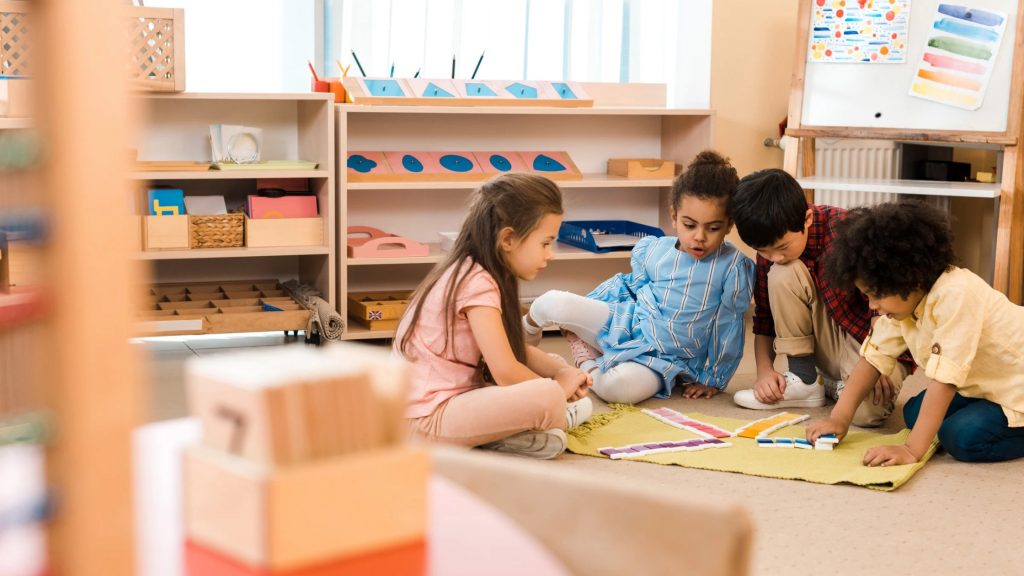In many families, reading aloud is closely associated with early childhood. Once children learn to read independently, it’s easy to assume that shared reading becomes less necessary, replaced by silent reading or assigned minutes. But development doesn’t move in neat stages, and the benefits of reading aloud don’t disappear when decoding skills emerge. Listening to stories continues to support language, comprehension, and emotional growth long after children can read on their own.
When adults read aloud, children are exposed to richer vocabulary, more complex sentence structures, and ideas that often sit beyond their independent reading level. Without the cognitive load of decoding, children can focus on meaning, tone, and connection. Over time, this strengthens comprehension, supports writing, and builds a deeper, more flexible relationship with language. Reading aloud also supports attention and regulation, inviting children into sustained listening in a world that often feels rushed.
Stories matter socially as well. Through characters and narrative, children encounter different perspectives, challenges, and emotions. These experiences help build empathy and flexibility, not through instruction, but through repeated exposure to stories that reflect the complexity of real life. Sitting together with a book creates shared reference points and a sense of belonging, without pressure to perform or demonstrate understanding.
In our lab schools, reading aloud is part of the daily rhythm across ages. It helps build shared culture, supports mixed-age learning, and anchors literacy in relationship rather than performance. At home, reading aloud reinforces the same message: learning isn’t confined to school hours or academic tasks. It’s woven into daily life and shared moments. A few pages before bed, a chapter after dinner, or a familiar book revisited again and again are enough. What matters most is that reading remains relational, unhurried, and shared.
Curious how this approach to literacy shows up in daily school life at Meridian? Explore our lab schools here.




